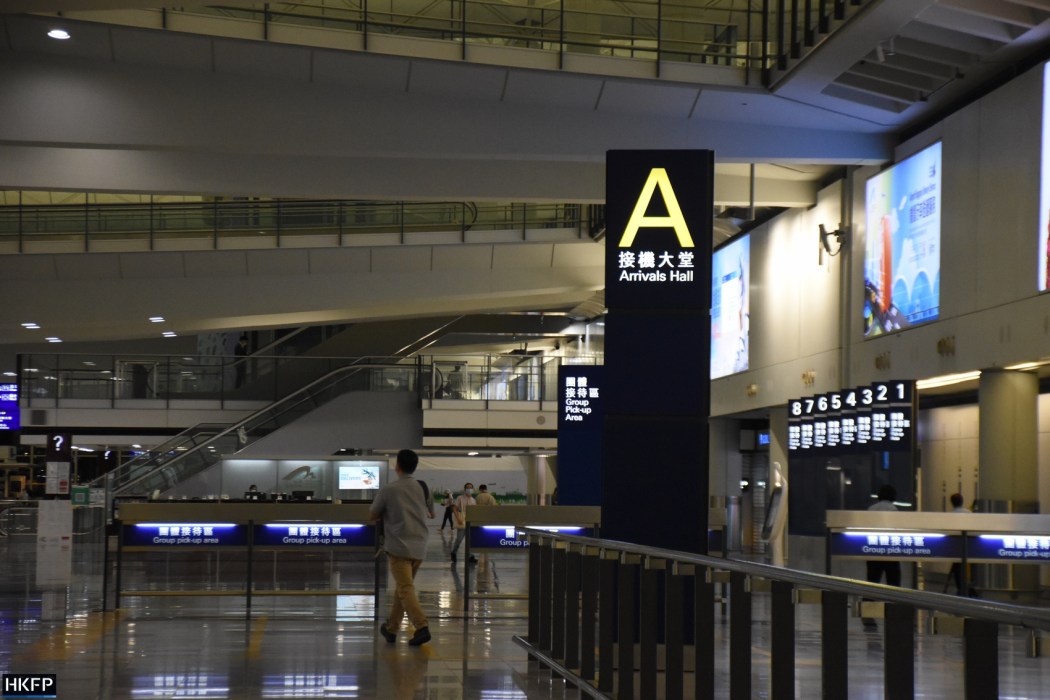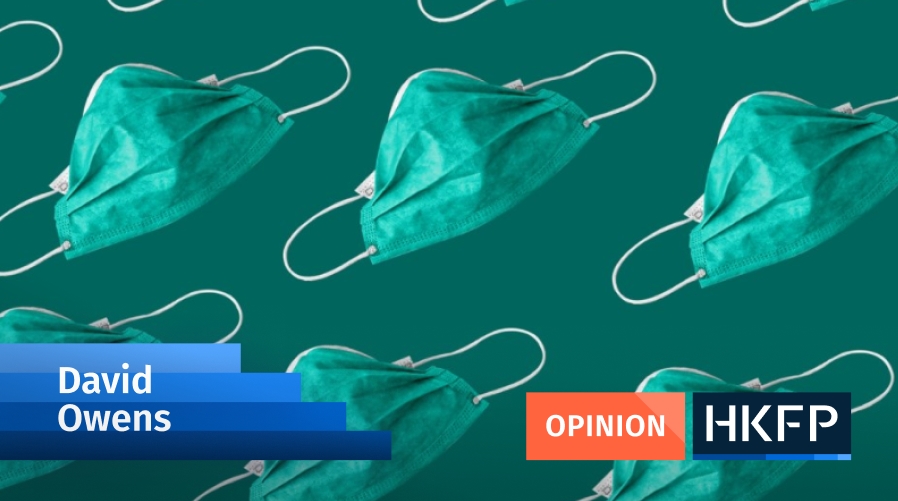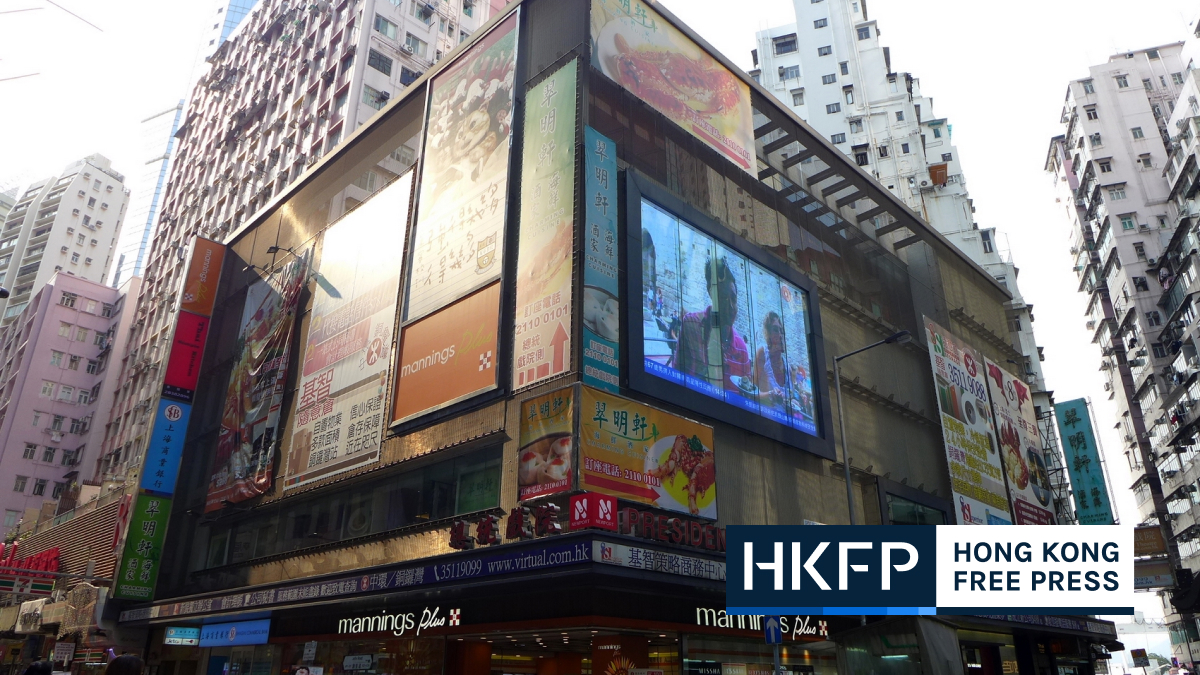The Covid-19 home quarantine period for fully vaccinated individuals arriving in Hong Kong from mainland China and Macau has been cut from seven days to three, according to a government statement released on Monday evening.
The announcement came hours after Chief Executive John Lee said that the hotel quarantine period for international arrivals would be reduced three days, followed by four days of “medical surveillance” at home.

From Friday, people entering the city from mainland China or Macau not under the Return2hk and Come2hk scheme will be required to isolate at home for three days, followed by four nights of self-monitoring. They must take a polymerase chain reaction (PCR) test on the fourth and sixth day after their arrival and will be given an electronic wristband to wear during home quarantine to ensure that they do not leave home.
Those arriving as part of the quarantine-free Return2hk and Come2hk programmes will not be affected.
Amber code not applicable
Unlike international arrivals, who will be issued with an amber health code via the Covid-19 contact tracing LeaveHomeSafe app upon leaving hotel quarantine, mainland and Macau arrivals will face no further restrictions after completing their home isolation. The amber code prevents entry to places that actively check patrons’ vaccination records, including restaurants, bars, gyms and beauty salons.

People who arrived on or before August 6 and are undergoing home quarantine “are considered to have completed home quarantine after 9am on Day 3 of arrival,” according to the government statement. They can remove their electronic wristbands, but are required to monitor their health until the seventh day after their arrival.
In its statement, the government said Hong Kong “will not let its guard down” in the anti-epidemic fight, despite relaxing quarantine rules.
“Under the principles of science-based and targeted anti-epidemic measures, as well as the proper management of risks and citizen-focused facilitation, we will continue to adjust anti-epidemic measures as appropriate according to the epidemic developments and analyses of scientific data, in order to continue to guard against the importation of cases,” the statement read.
“We will also make use of technology to enhance procedures so as to facilitate activities and people flow essential to socio-economic recovery.”
Calls for further easing
Speaking on a Commercial Radio show on Tuesday, Hong Kong University microbiologist Ho Pak-leung said that loosening quarantine rules for international arrivals was “an improvement.”
However, he called on the government to further ease the rules by cancelling hotel quarantine altogether and replacing it with seven days of medical surveillance. Ho, however, recommended requiring all arrivals to have received three doses of a Covid-19 vaccine.
Health chief Lo Chung-mau told RTHK on Tuesday that he was “confident” the relaxation of rules would not cause a surge in local Covid-19 infections. When asked if the goal was to eventually drop all quarantine measures, Lo said there was still a lot of uncertainty so it was hard to tell.
Hong Kong has recorded 1,389,282 Covid-19 infections and 9,547 related deaths since the pandemic began.
Support HKFP | Policies & Ethics | Error/typo? | Contact Us | Newsletter | Transparency & Annual Report | Apps
Help safeguard press freedom & keep HKFP free for all readers by supporting our team















